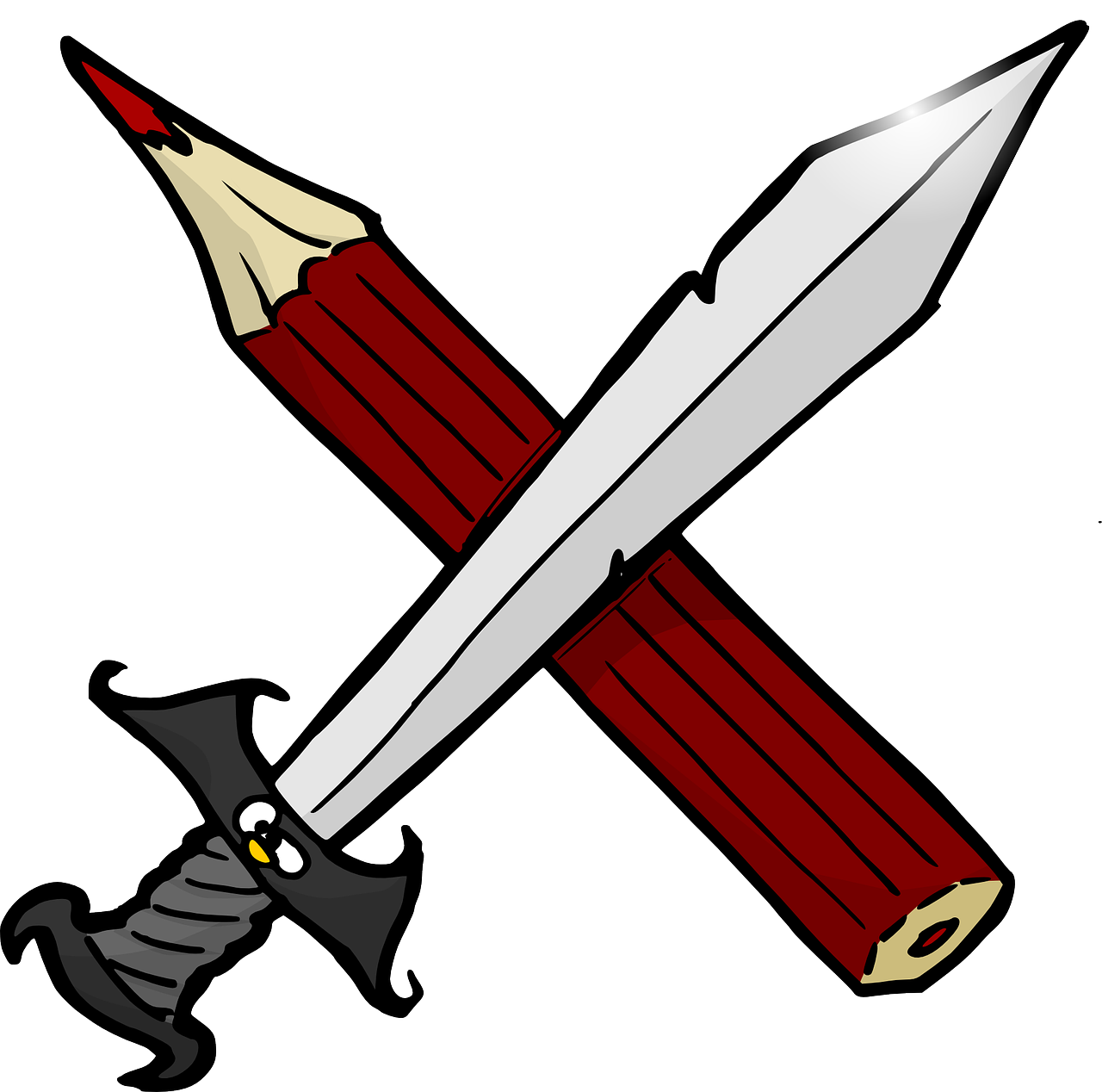
I’m going to throw out a guess that the vast majority of people reading this blog are the proud owners of a large collection of dice. Maybe they’re in a bag. Maybe you need a bucket. And I say proud, because we gamers love our dice. We have personal rituals and superstitions about how they should be stored, or displayed, or rolling techniques, or what needs to be done when a die seems to be continually rolling poorly. We have way more dice than we’ll ever actually need. There is a percentage of you reading this who have d20 in your pocket right now. Some of you have dice tattoos.
We’re gamers, and dice facilitate the game.
Recently there’s been a trend in RPG design to incorporate mechanics requiring custom dice. While Fate and FFG’s Star Wars Roleplaying Game are perfectly fine games, I can’t help but feel the custom dice are there to make things more complex than needed. It’s difficult to overlook the obvious advantages of numerical dice.
Simplicity
We start learning numbers at an early age. Before children are able to walk and talk they’re given toys with featuring bright, colourful numerals. We grow-up with an instant recognition of these symbols, and what they represent, and how they relate to one another.
That’s not the case for the sorts of symbols you find on custom dice. Even if the symbols are familiar – let’s say, the suits in a deck of playing cards – there doesn’t exist an instant recognition of how they interact. We know without having to think about it that 14 is greater than six; we don’t have a built in understanding of how clubs and diamonds relate to one another.
To say nothing of custom symbols, which have neither understanding nor recognition.
Versatility
The familiarity of numbers also means that they can also be associated with other meanings beyond their simple numerical value. Every Dungeons & Dragons player’s eyes light up when that die stops rolling and it shows a 20. A 20 isn’t just as 20, it’s a critical hit. In D&D and a lot of other games, rolling an unmodified 20 means something special. Sure, a custom die could have a symbol that appears on only one face and has similar results, but if you’re doing that, why not just use numerical dice?
What meaning a numerical die has for any given roll can also change given the circumstances within the game. For one roll of a die, the player might be looking to exceed a specific value to succeed. The next roll of that same dice could be compared to a chart where the individual values indicate different results. Heck, if you have some means of telling two dice apart – colour for example — you could have one that indicates success or fail, the other that gets compared to a success chart or fail chart, as appropriate.
I’ve yet to see any game with custom dice where the symbols have different meanings in different contexts.
Predictability
Finally, I don’t think it can be overstated just how valuable it is when designing an adventure to be able to figure out the likelihood of any given die roll in advance. Even for those of us who aren’t particularly good at math or statistics have access to calculators, and can figure out without too much difficulty a basic idea of how difficult it’s going to be to succeed or fail on a check, and we can plan accordingly.
That’s not quite so easy with custom dice. When putting together an adventure, it can be a simple thing to make the encounters too difficult or – perhaps worse – too easy. You hear phrases like, “It’s more art than science,” getting thrown about, but that rings hollow to me. Adventure design is always going to be a mix of the two, and a clear understanding of how likely a roll is to succeed at any time is a valuable tool for game masters.
Final Thoughts
Numbered dice have been found in Mesopotamian tombs, dating back to the 24th century BCE. While I’m not normally one to advocate for tradition, it seems to me that humanity got this dice thing figured out pretty early. It’s not that I’m opposed to game with non-numerical dice; far be it from me to tell anyone what they should or should not be playing. However, there are a lot of good reasons numerical dice will always be the standard in game design.
Besides, no one has a tattoo of d20 showing a “triumph.”

Regarding “predictability”:
Actually, psychology has shown that humans are actually really terrible at understanding odds. That is to say, even if you cognitively know that you have a 30% chance of success, your expectation — what we might call your intuitive understanding of the odds — is usually way off. People intuitively expect to roll “about a 10” on a d20, even though rolling “close to 15” or “something near 3” are equally likely outcomes, and thus just as valid as expectations.
Even more interestingly, people tend to overestimate the impact of modifiers — even though a +1 is virtually nothing on a d20, players tend to treat it like it’s a big deal. They’ll fight over who gets to have the first magic weapon the group finds. Likewise, I’ve personally had players in 5th Edition D&D refuse to even attempt a roll because “I’m not proficient at that”, even though proficiency is only worth +2 for a starting character — in other words, only one time in ten will that bonus even matter to the outcome of the roll.
So all in all I’m not sure “being able to calculate the odds” is a meaningful benefit of using numbered dice.